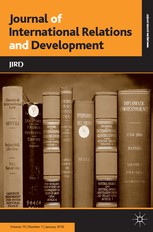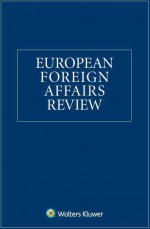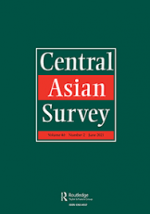EU External Policy Coherence in the Trade-Foreign Policy Nexus: Foreign Policy through Trade or strictly Business?

This article focuses on the horizontal coherence between EU trade and foreign policy, from the perspective of EU trade instruments. Drawing from different strands of literature, it puts forward the argument that synergetic coherence between the trade and foreign policy spheres of the EU is not likely to be realised due to the constraining impact of institutional-ideational factors within the EU, more specifically the continuing institutional compartmentalisation and cross-pillar divides of the EU system of external policy, with DG Trade being a highly autonomous sub-system. The establishment of synergetic coherence in the trade-foreign policy nexus has been further impeded since the mid-1990s by the emergence of three interrelated factors: legal restraints imposed by the World Trade Organization, growing export-oriented interests of EU businesses and the ideological pro-liberalisation bias of the EU. This argument is empirically illustrated through an analysis of various EU trade initiatives, including the Global Europe agreements, the Economic Partnership Agreements, the Generalised System of Preferences, and the Deep and Comprehensive Free Trade Areas with the countries of the European Neighbourhood Policy.








